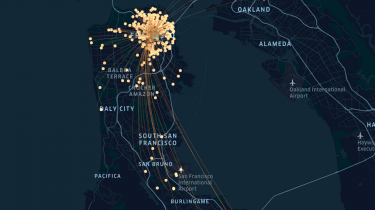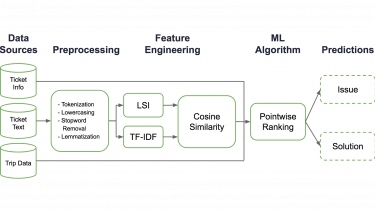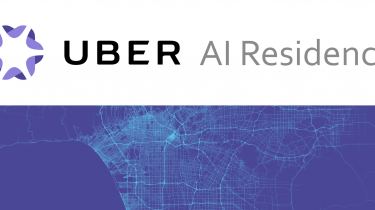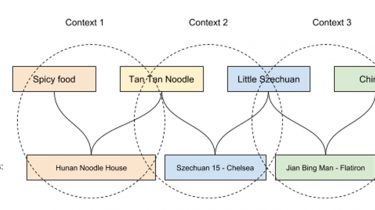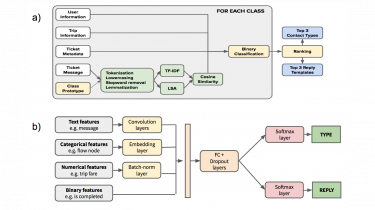Issue #112 -Translating markup tags in Neural Machine Translation
17 Dec20 Issue #112 -Translating markup tags in Neural Machine Translation Author: Dr. Patrik Lambert, Senior Machine Translation Scientist @ Iconic Introduction Text to be translated is often encapsulated in structured documents containing inline tags in different formats, such as XML, HTML, Microsoft Word, PDF, XLIFF, etc. Transferring these inline tags into the target language is not a trivial task. However, it is a crucial component of the MT system, because a correct tag placement ensures a good readability of […]
Read more
